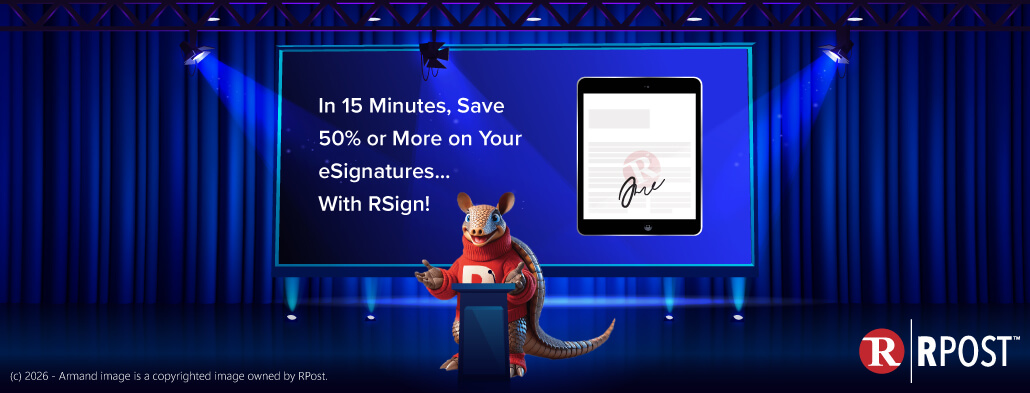The RPost team thanks you, our community of users, customers, partners, shareholders, and advocates, for another exciting year at RPost. Your support enables the RPost team to continue innovating for our customers, and to maintain RPost as a worldwide leader in cyber security, compliance, and productivity solutions.
5-Star Reviews for Sale! As Tech Essentials readers hunker down for holiday online shopping, it’s a good time to remind you what to consider before you make that final click to purchase. Do you trust the reviews you read online and believe all the comments when they are all overwhelmingly positive and the product has hundreds of […]
Bitcoin has Forever Expanded the Market of Currency Speculators, Perhaps the Fundamental Change that will Support Crypto-Currencies into the Future Main street is certainly paying attention to Bitcoin, as just days after it dropped precipitously, it bounced to new highs — incredible highs. And, with people comforted that they can sell their Bitcoin and convert […]
Foreign Journalists Discover Treasure in Bermuda As enchanting as the Bermuda sea is, during rough weather, Bermuda’s beguiling reefs have been the source of many lost ships over the past hundreds of years during trans-Atlantic journeys shipping treasures and taxes from the Americas to Europe. However, no one could have anticipated the rough waves that […]
The Certified Mail Envelope Was Empty You show up in court with a US Certified Mail “Green Card” delivery receipt, evidence that supposedly proves you delivered a timely notice. The other party simply stands up and says quizzically, “Sure we got the certified letter, but no one in our office could figure out why we […]

January 30, 2026

January 23, 2026

January 16, 2026

January 09, 2026

January 05, 2026